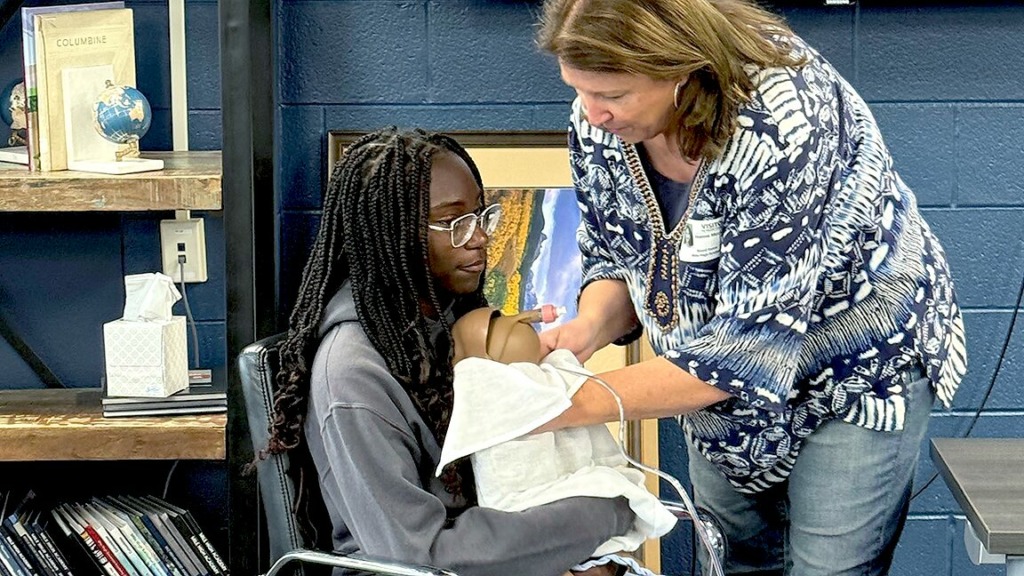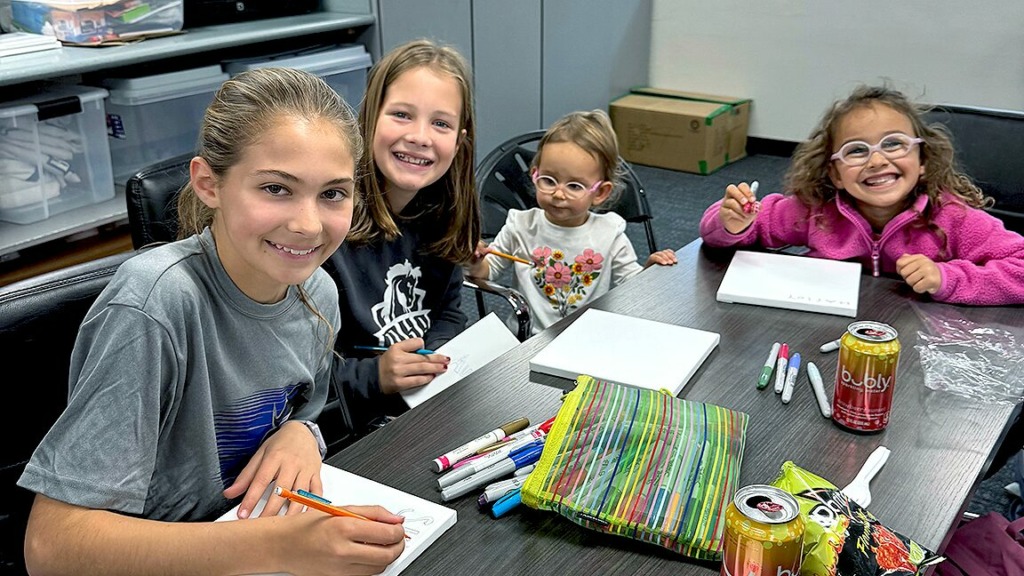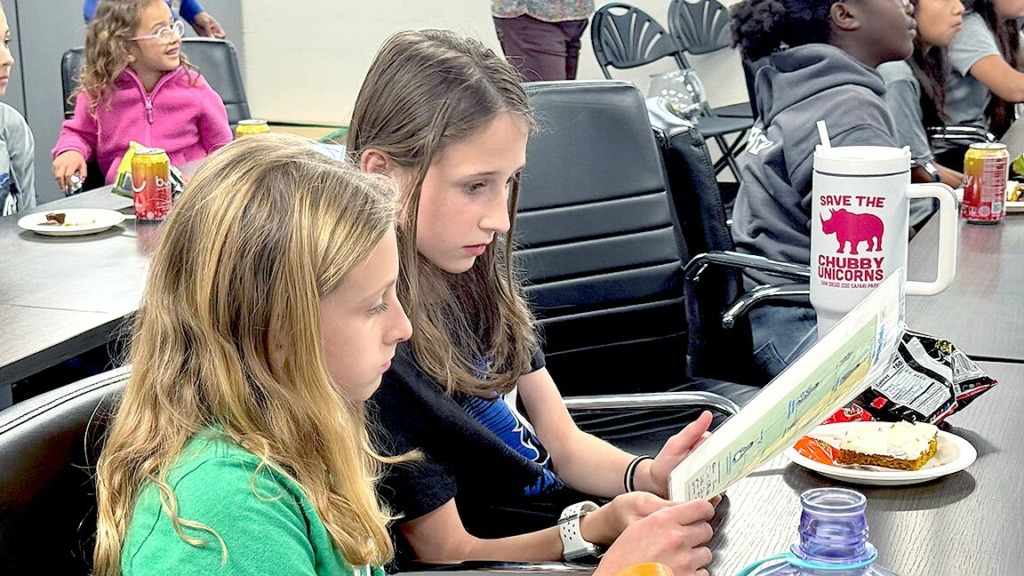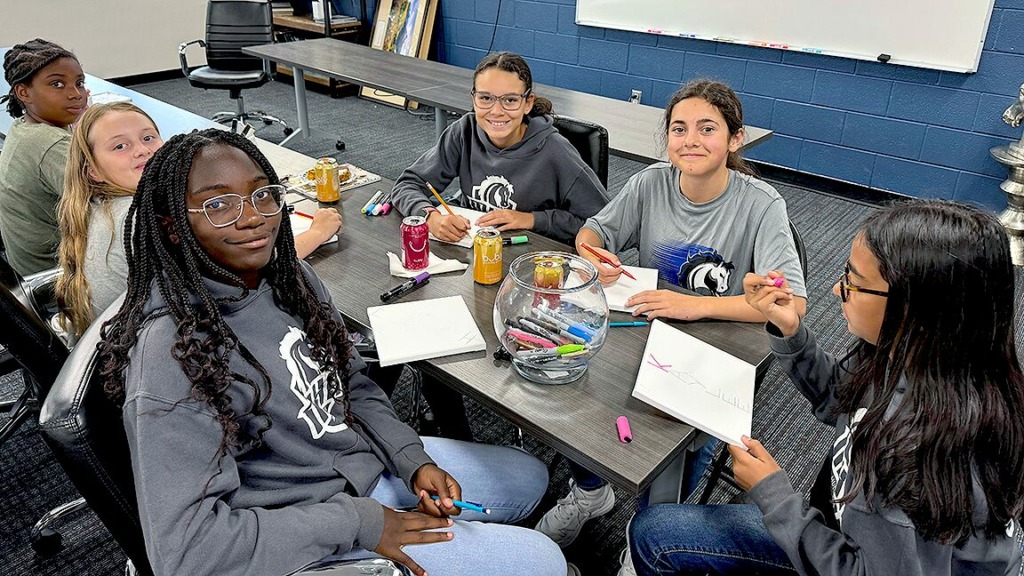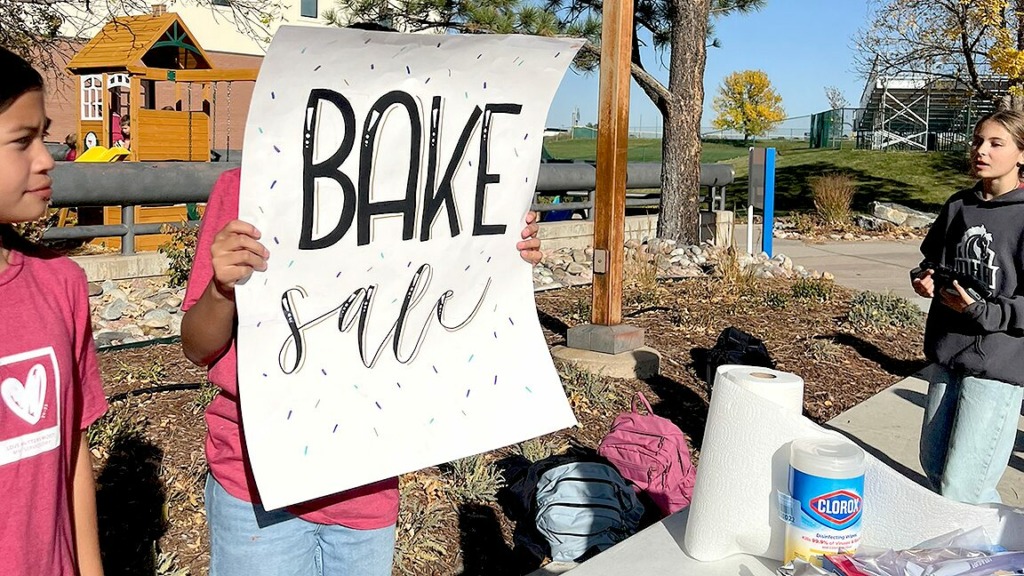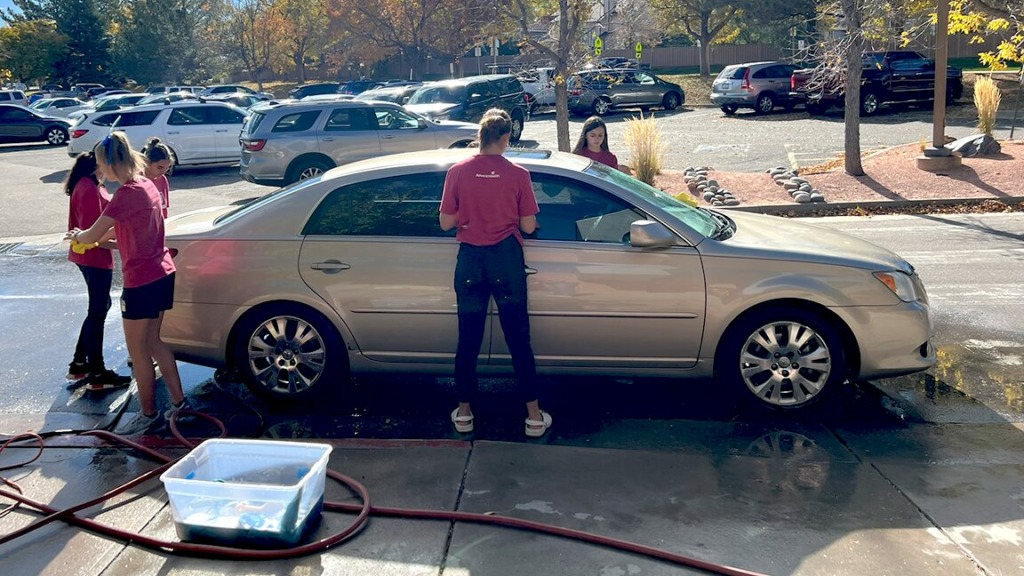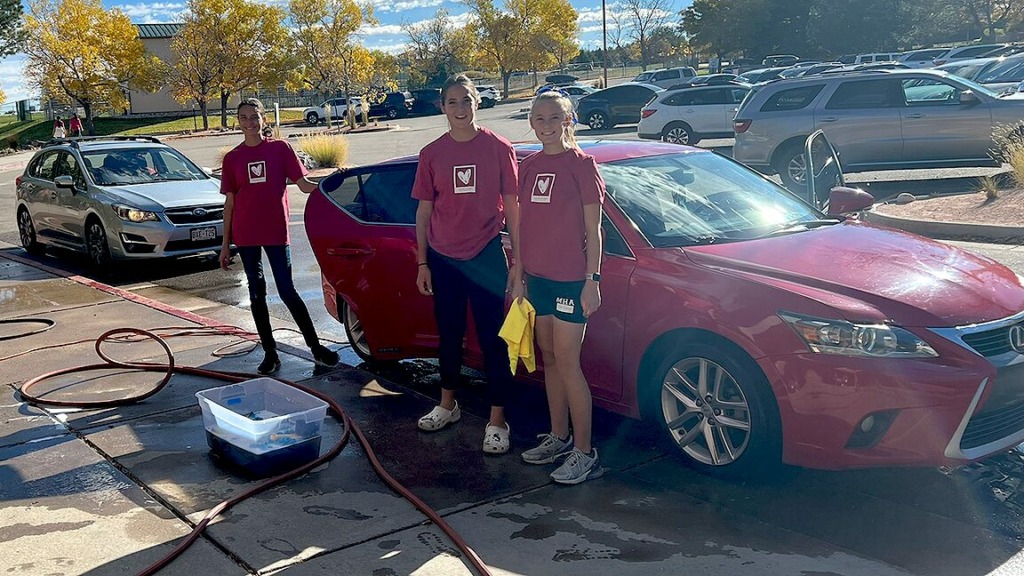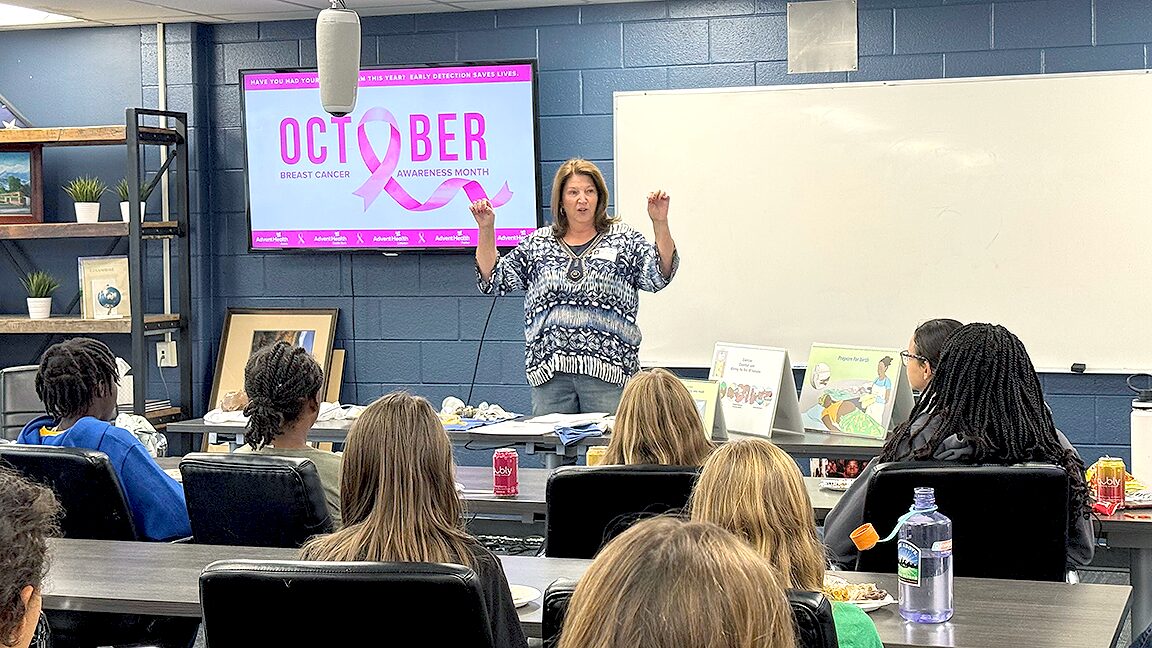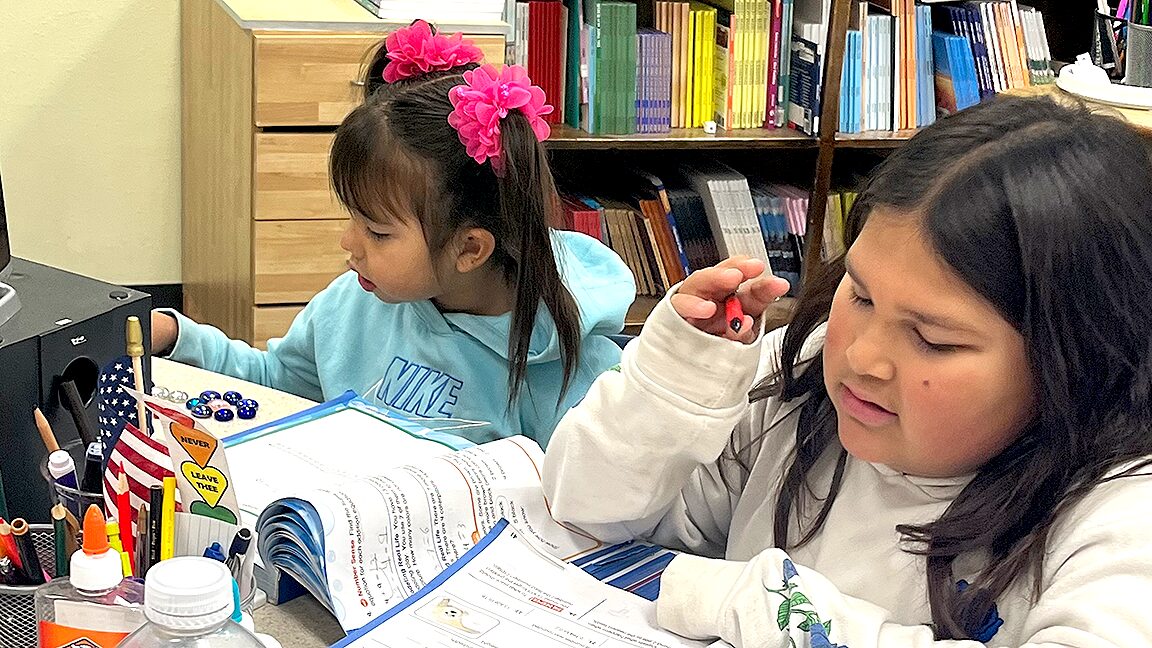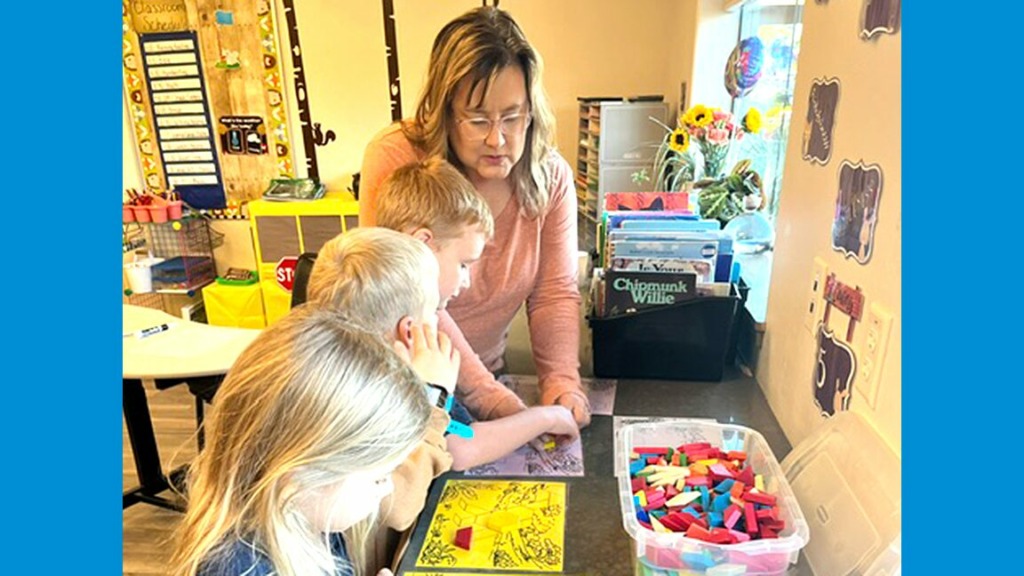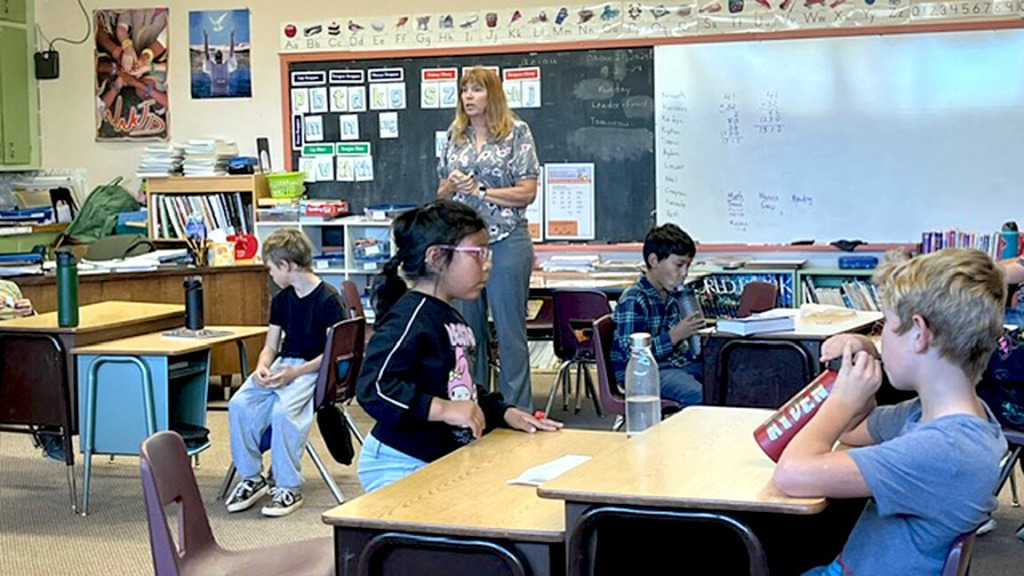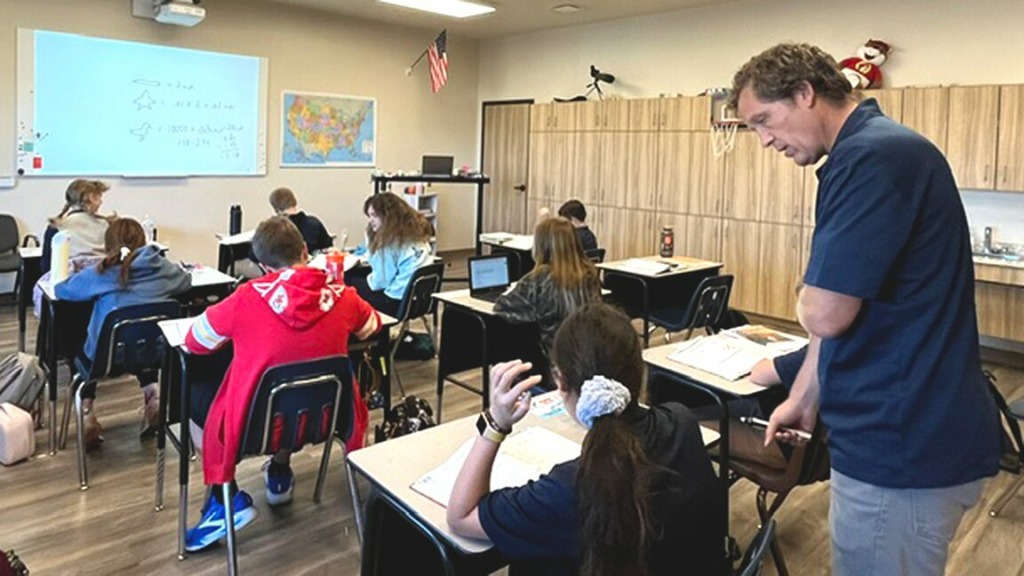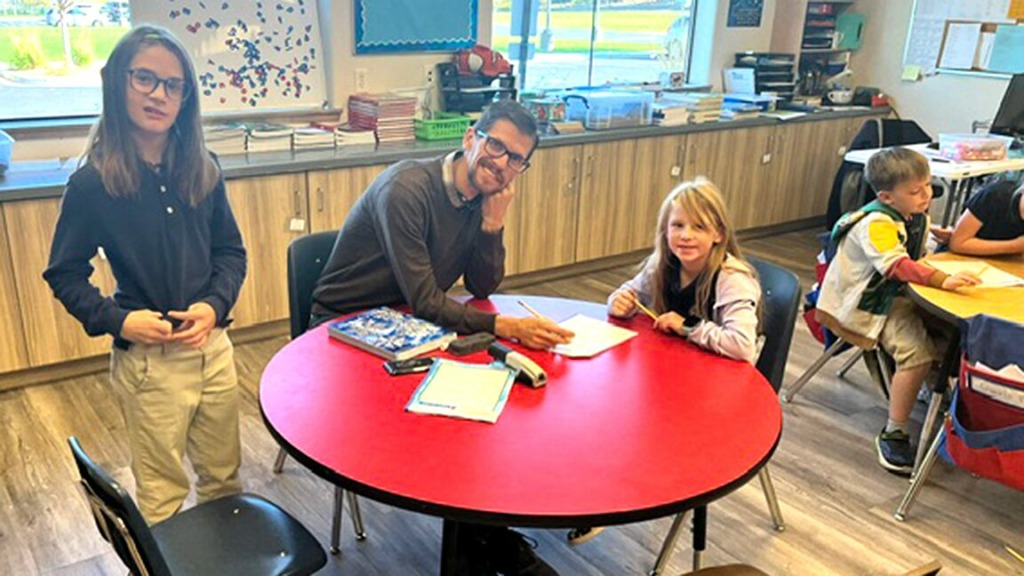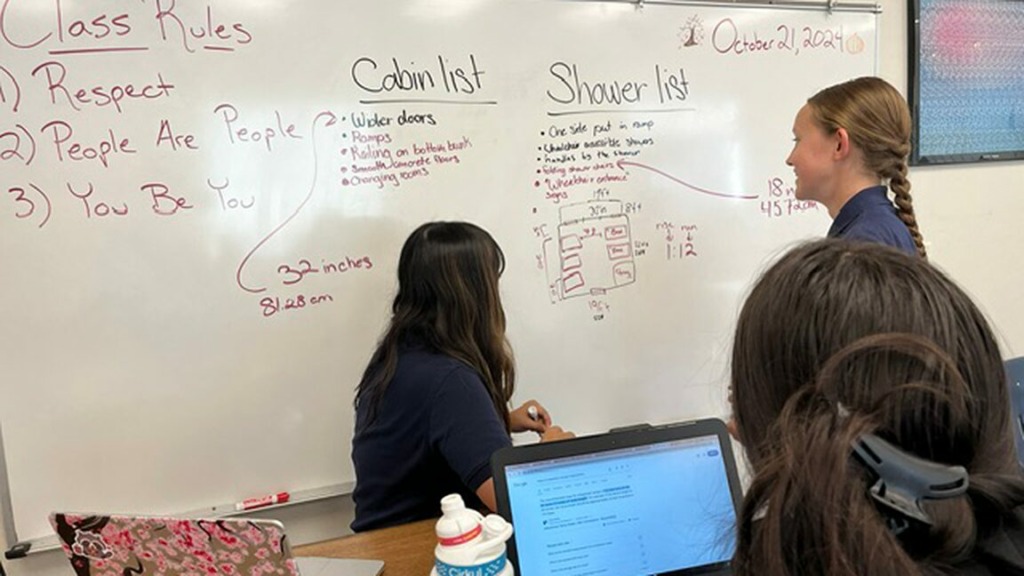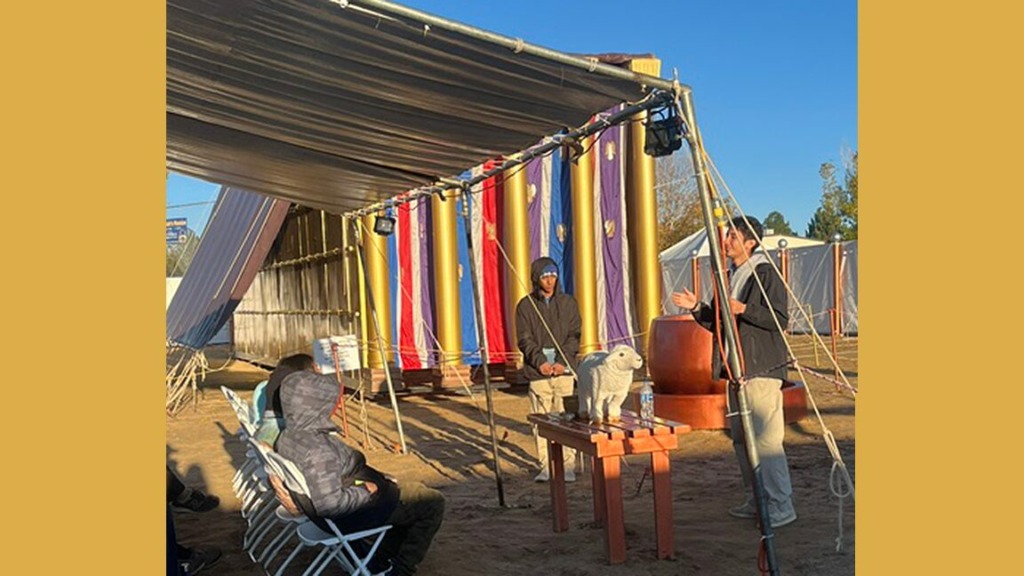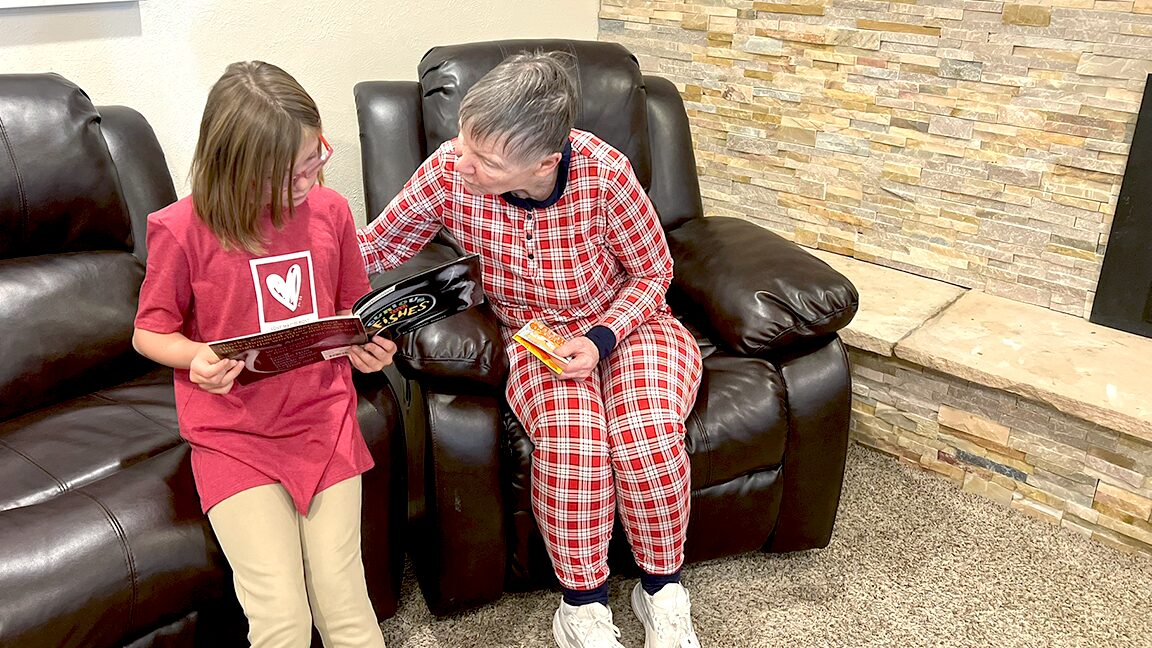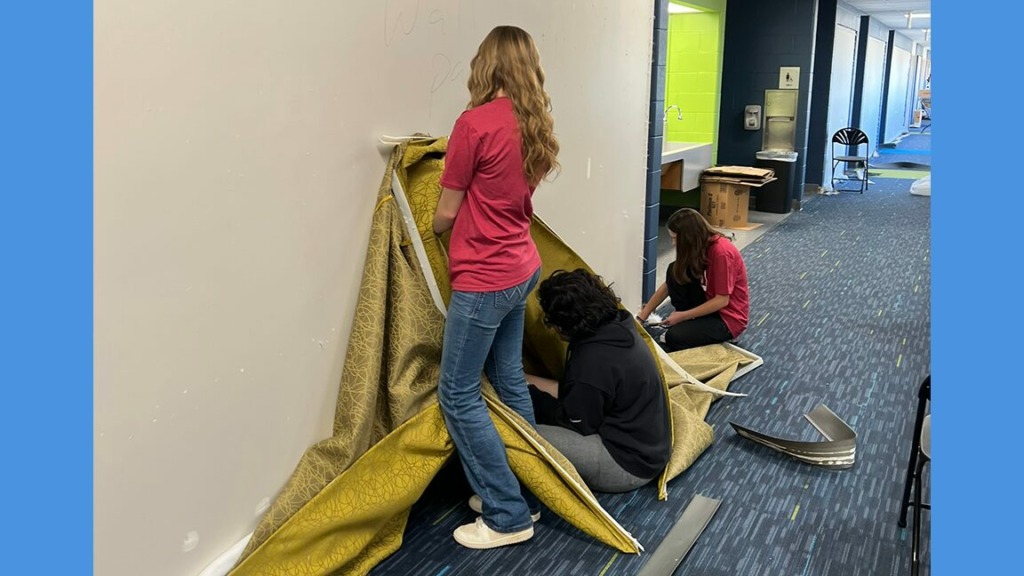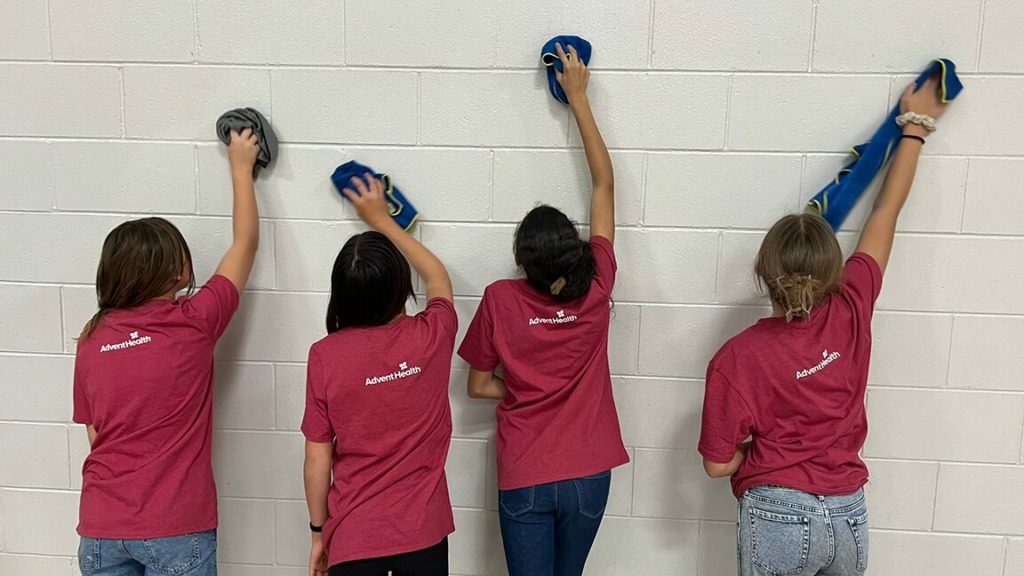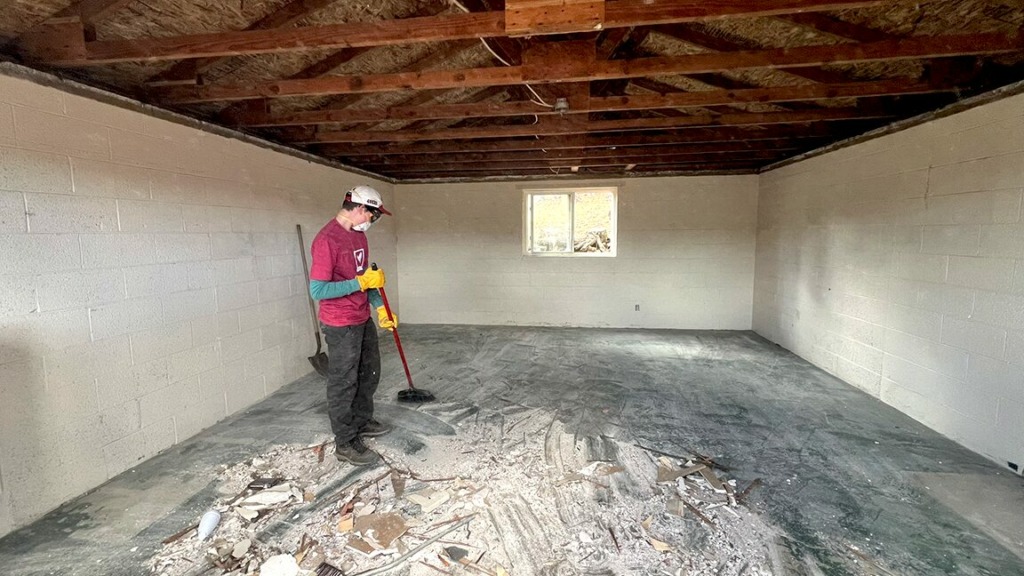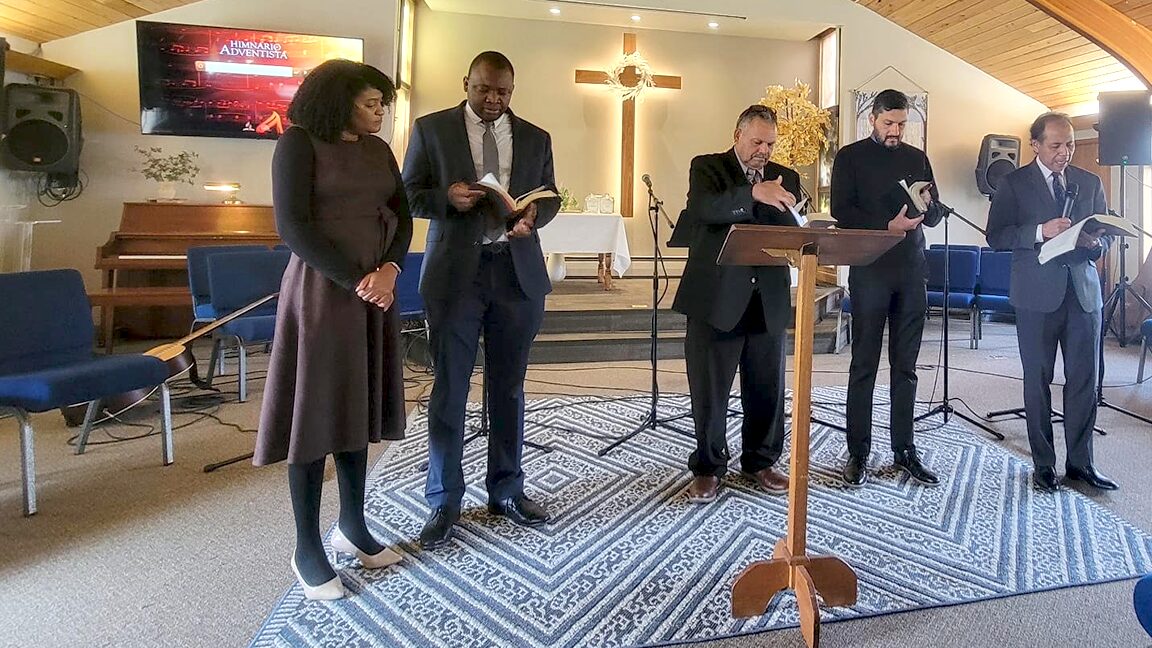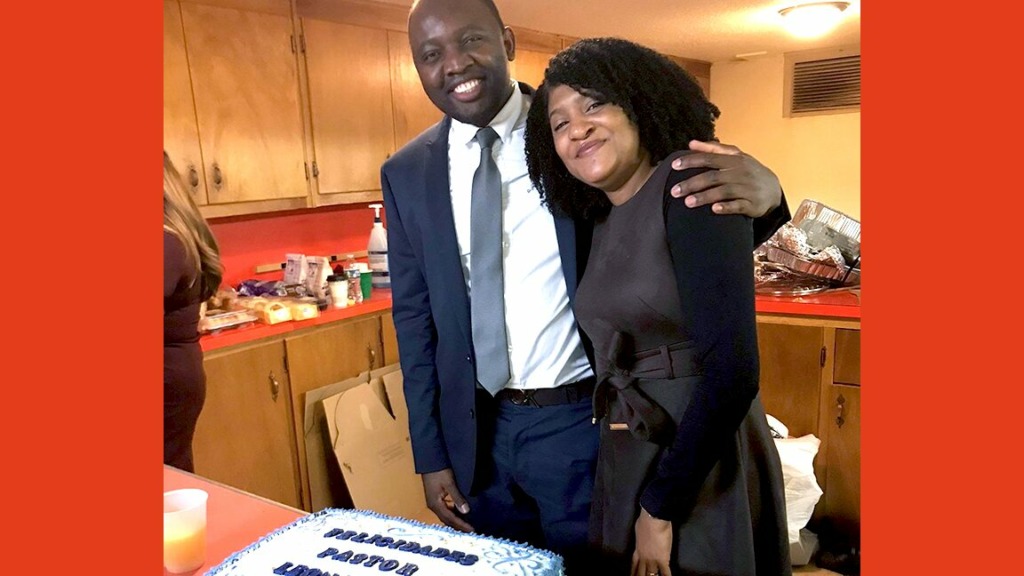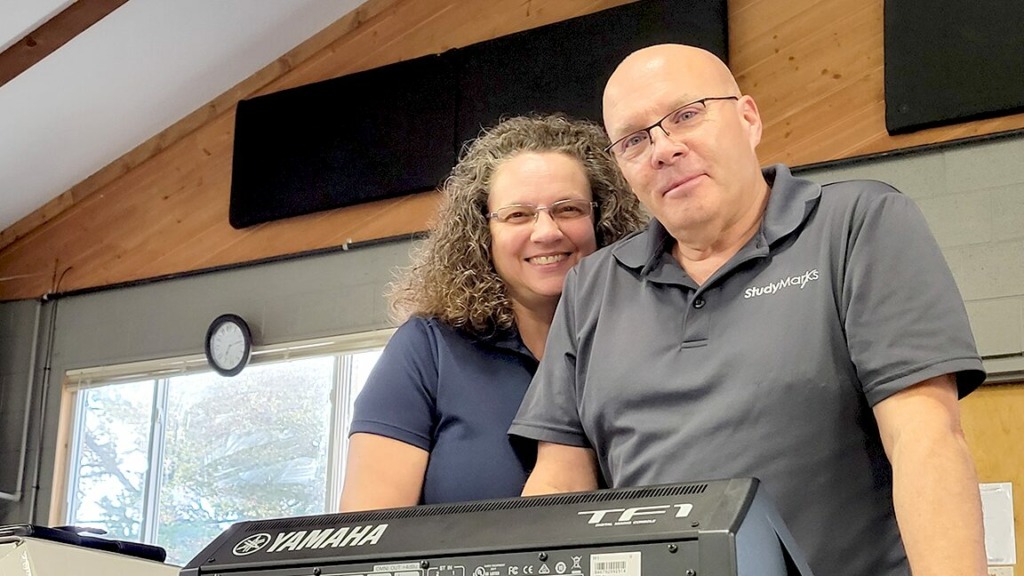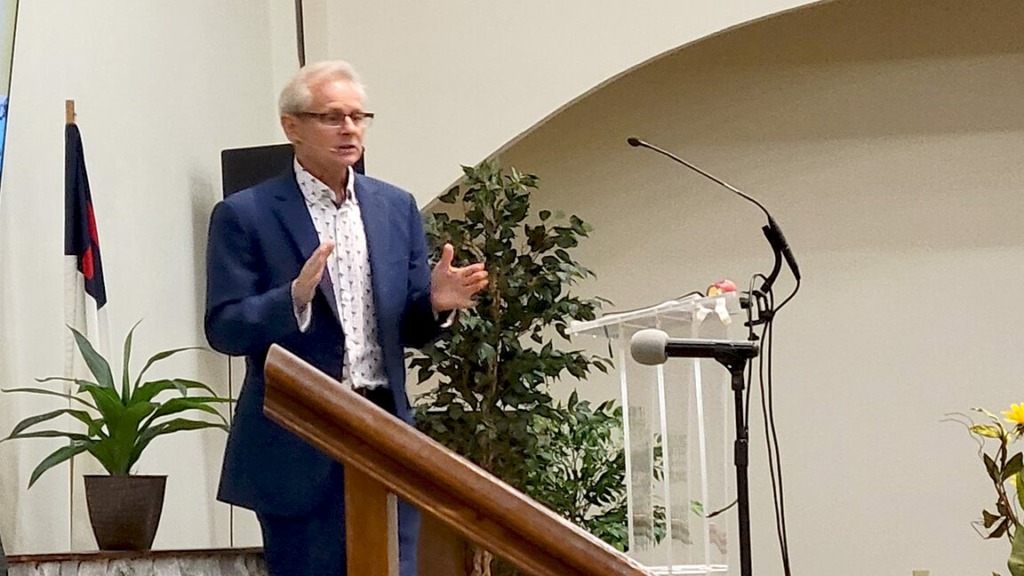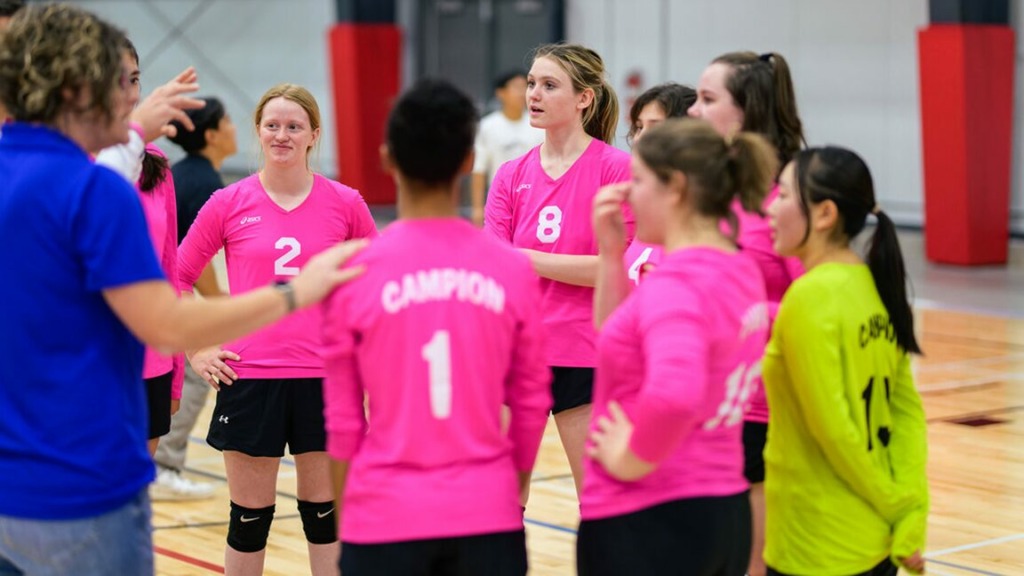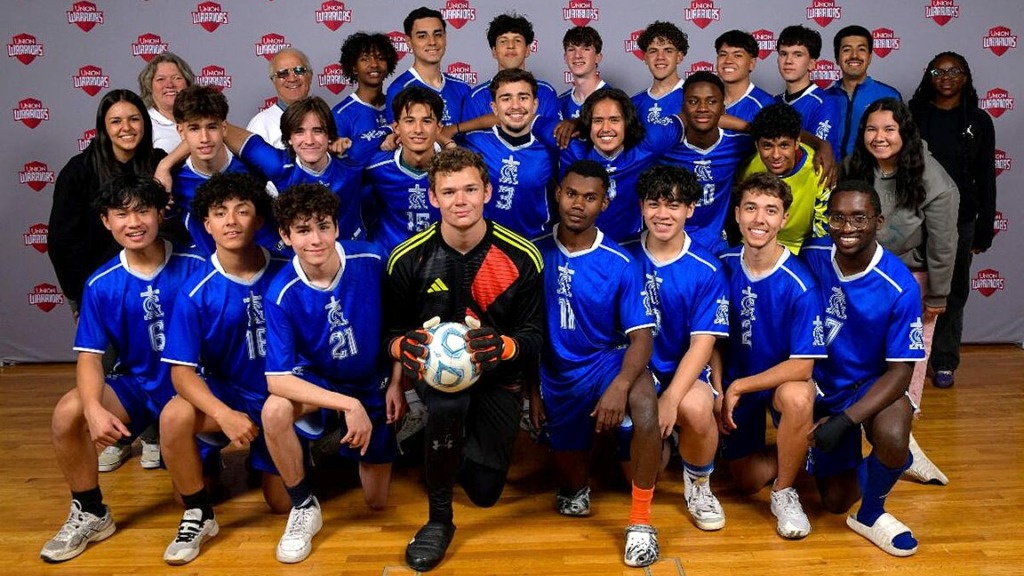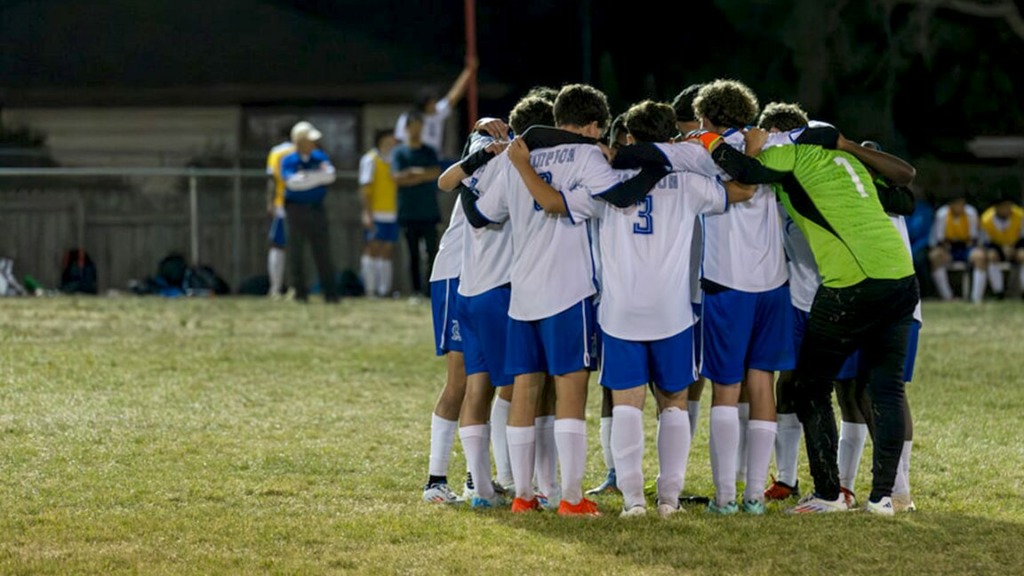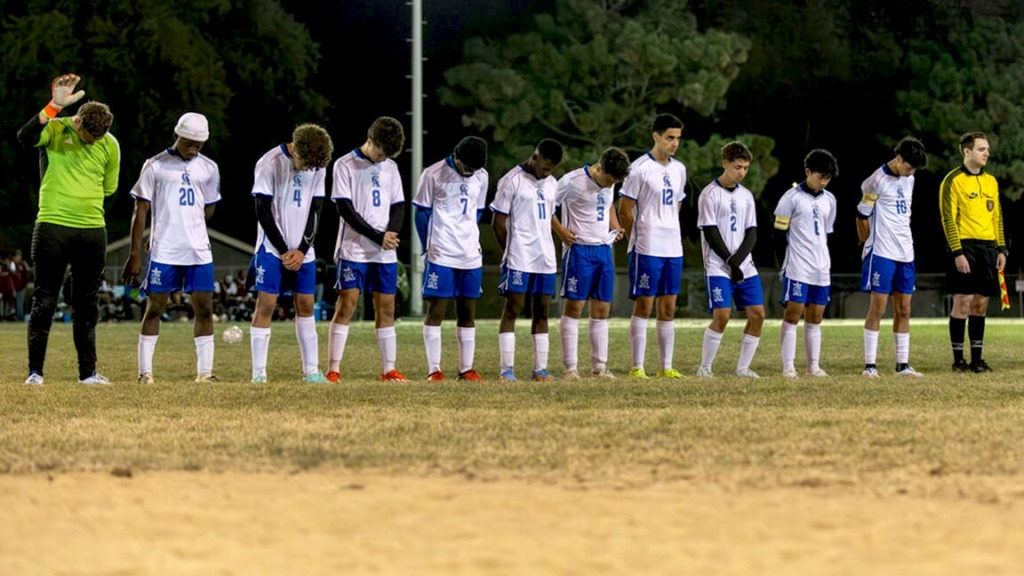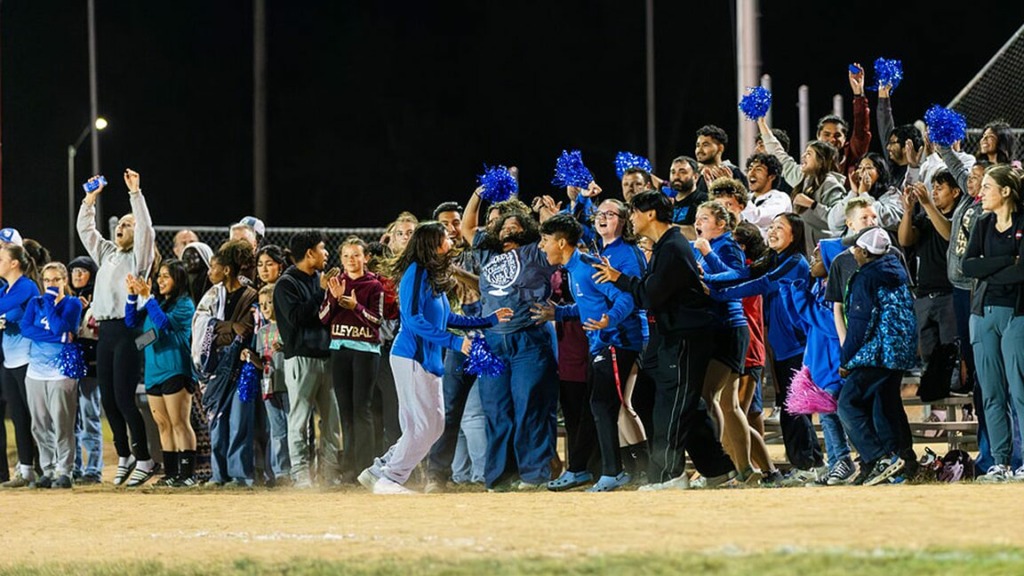A few months back, a fairly controversial Adventist speaker came to my home state of Maine and delivered a couple eyebrow-raising presentations that garnered some attention around the Adventist world. Speaking of the COVID-19 crisis, and how the General Conference of Seventh-day Adventists refused to lend official support to those who tried to opt out of getting vaccinated, he said one thing in particular that caught my attention. The COVID-19 crisis, he proposed, “was the single largest evangelistic opportunity in our lifetime, and we fell in line with the papacy.”
We did so, he insisted, because the General Conference failed to give official support to its members who lost their jobs by refusing to get vaccinated. Instead of officially standing up for each member’s religious liberty, the Adventist Church caved to neo-Marxist pressure—and thus failed to reap the gains of non-Adventists around the world who’d be impressed with a truly Protestant denomination that stood up for the rights of its individual members.
It’s not my interest to analyze or critique the views of the speaker—nor to assess the steps or missteps of the General Conference (then or now). Neither am I trying to rehash old debates and discussions about COVID-19 and the efficacy, or non-efficacy, of any particular approach to treatment.
What I find interesting, however, is the underlying assumptions that the speaker presented, and the (perhaps) competing perspectives on how Adventists should act during postnormal times and moments of crisis. There’s also divergent—perhaps even dichotomous—opinions on what actions are off-putting to an onlooking world, and which ones are evangelistically attractive.
For example, the General Conference, in explaining why they gave general support to the public health measures promoted by health officials (even while making it repeatedly and abundantly clear that they also respected and supported the choices of individual members), cited the need to “lov[e] our neighbors as ourselves” as a reason to follow vaccination recommendations.
To be clear, whether one agrees or disagrees with the efficacy of such measures is besides my point; the stated goal, at least, was to be good neighbors, trying to practice Christ’s second greatest commandment and to put others’ potential wellbeing above one’s individual rights.
At the same time, implicit in this stance, was the fear that to dogmatically assert one’s individual rights in such an instance would be to potentially undermine our witness in the world.
This particular speaker, and the dozens—and perhaps hundreds—who “amened” his presentation, felt the exact opposite about what constituted a good evangelistic witness. It was not through actions that could be perceived as loving one’s neighbor that could yield the biggest evangelistic returns, but standing up for and asserting one’s individual rights that could greatly impress the onlooking world.
Of course, underlying the whole presentation was an eschatological assumption. We’re living in the last days, and just about every crisis that comes along is an opportunity for the governments of the world to chip away at individual liberty.
So, taking a stand and asserting one’s individual liberty, is a prophetic and God-ordained work—an implicit resistance against the satanic forces that are trying to suffocate freedom of conscience. To fail to stand up for religious liberty, as the speaker defined it, is to turn one’s back on our prophetic calling, and to neglect to prepare people to receive the “seal of God” and resist the mark of the beast.
Thus, it’s not only a failed evangelistic opportunity; it’s a failed evangelistic mandate (which, obviously, trumps any governmental mandates).
Again, I’m not trying to be critical of any individual or institution. I just think this episode illustrates two paths that Adventists can take when it comes to how we relate to and navigate through postnormal times. We can prioritize love of neighbor, works of justice and mercy, and empathy; or we can give more emphasis to individual rights, our prophetic interpretations—and what we perceive to be our calling and responsibilities in light of those prophetic interpretations—and last-day timelines.
This isn’t at all to imply that these two paths have to be mutually exclusive. But far too often, they seem to be for many Adventists.
When crisis strikes, many times Adventists become more known for blanketing a community with The Great Controversy than saturating a community with blankets. We tend to make sure that no good crisis goes to waste, leveraging people’s fears and scarcity for our eschatological ends. In many ways, in such instances, we relate to people in crisis as objects to be “sealed” rather than people to be helped and loved.
And even when we do lead with works of love, it’s often just a set up in preparation to blitz them with what we really care about: the truth (about the end-times).
Again, this may sound like a false dichotomy—or overly-critical. I wish to be neither. But if I’m inching close to cynicism or negativity, it’s because I find myself so incredibly jealous for love serving as the primary position from which we operate. I desperately want Adventism to be known—especially in postnormal times—for its compassion, mercy, generosity, and care, rather than its conspiracies and uncompromising assertion of individual liberty (motivated chiefly by beliefs about what will supposedly happen in the future).
What was it, after all, that Jesus told his disciples would indicate they were his followers? By this all will know that you are My disciples, John recorded him as saying, if you have love for one another (John 13:35). Warning people about impending disaster, or fighting for individual rights, isn’t necessarily in opposition to loving well, of course. We don’t need to set up false dichotomies.
But if the people we’re supposedly trying to love consistently feel like we’re not loving them well, there’s a decent chance we’re not.
Truly, postnormal times are incredible opportunities to let our lights shine. But let that be the light of love—not simply a litany of prophetic proof-texts. Let’s reach out to our neighbors with a genuine and selfless love, free from ulterior motives and hidden agendas, and treat others as we would want to be treated.
If that creates a curiosity about the religious commitments that motivate our behavior—which it often does—then that’s an extra bonus, and we can humbly bear witness to the hope that’s within us. But if it doesn’t open up those avenues, we should honor people’s agency and not try to force them to take a medicine they don’t realize they may need.
Though experience has taught me that many of us choose the path of conspiracy over compassion, that’s fortunately not always the case.
Being Love
I remember a conversation I had with a new friend of mine quite a few years ago that was both unique and surprising—so unique that I still remember it to this day. We had connected at Dartmouth College because we were both doing Christian ministry on the campus, and when he asked me what specific faith community I was a part of, his response to my indication of Seventh-day Adventism caught me off guard. “Oh,” he said with a grateful smile on his face, “you guys are the ones who run ADRA.” He then added, “You do really good work around the world.”
As I said, his response caught me off guard. I had never encountered a response like that when I’ve told someone I’m an Adventist—nor have I had someone respond like that since then. Most of the time, people have either never heard of us, they think we’re Mormons, they immediately identify some traditional practice we’re known for—the Sabbath or vegetarianism—or they increasingly identify us as the people who send out a “strange” and unsolicited book via mass mailing.
But imagine if everyone, when they heard the name Adventist, immediately thought of people who just want to help other people. Imagine if in times of crisis, we were known as the people who love—rather than people who are quick to push “conspiracy theories” about those crises in an attempt to try to leverage people’s fears, anxieties, and deficits for what we perceive to be our eschatological mission.
Imagine!
We can still speak of our prophetic understanding—which can be, when done wisely and in the context of God’s love, extremely relevant and clarifying. But we definitely shouldn’t push that button unless and until we first overwhelm people with the unadulterated message that we are for them, we love them, we want what’s best for them, and our service to them isn’t contingent on them joining our team or receiving our “seal.”
So how should Adventists act in postnormal times, and what should we be known for in times of crisis? Just the same as always: By this all will know that you are My disciples, if you have love for one another.
Shawn Brace is a pastor, church planter, and author in Portland, Maine, and a DPhil Candidate at Oxford University. You can subscribe to his weekly newsletter at shawnbrace.substack.com. Email him at: [email protected]
